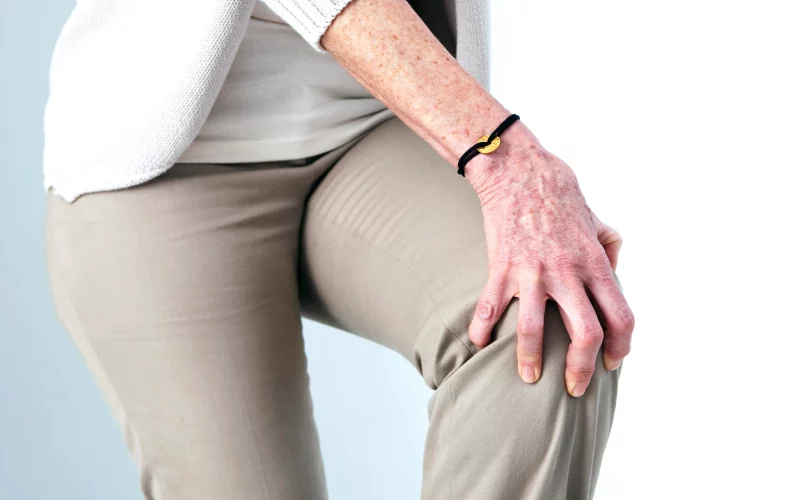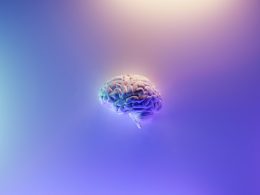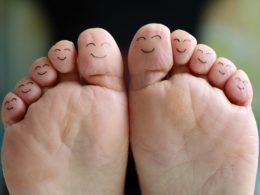Understanding Arthritis and Its Impact on Runners
Arthritis is a prevalent condition that affects millions of people worldwide, and for runners, it can be a significant concern. But what exactly is arthritis, and how does it impact those who love to run? Arthritis refers to inflammation of the joints, which can cause pain, stiffness, and decreased mobility. There are several types of arthritis, including osteoarthritis and rheumatoid arthritis, each with its own causes and symptoms.
Osteoarthritis: The Most Common Form
Osteoarthritis is the most common form of arthritis, especially among older adults. It occurs when the protective cartilage that cushions the ends of your bones wears down over time. For runners, the repetitive impact and stress placed on the joints during running can accelerate this process, leading to increased joint pain and stiffness.
Rheumatoid Arthritis: A Systemic Condition
Rheumatoid arthritis, on the other hand, is an autoimmune disorder where the body’s immune system mistakenly attacks its own tissues, including the joints. While it’s less common than osteoarthritis, it can affect individuals of any age, including runners. The inflammation caused by rheumatoid arthritis can lead to joint damage and deformity if left untreated.
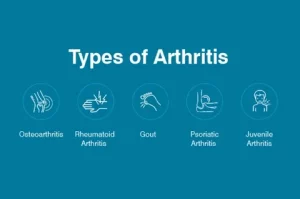
Debunking the Myth: Running Causes Arthritis
One of the most common misconceptions about running is that it causes arthritis. However, numerous studies have shown that this is not necessarily the case. In fact, regular, moderate-intensity exercise like running can have several benefits for joint health, including:
- Strengthening Muscles: Running helps to strengthen the muscles surrounding the joints, providing them with additional support and stability.
- Maintaining Healthy Weight: Maintaining a healthy weight through regular exercise can reduce the strain on your joints, lowering your risk of developing arthritis.
- Improving Joint Function: Contrary to popular belief, running can actually improve joint function by promoting flexibility and range of motion.
The Importance of Proper Technique and Equipment
While running itself may not directly cause arthritis, improper technique or wearing incorrect footwear can increase your risk of injury, which in turn may lead to joint problems over time. It’s essential for runners to pay attention to their form and invest in high-quality running shoes that provide adequate support and cushioning.
Managing Arthritis Symptoms While Running
If you already have arthritis or are experiencing joint pain while running, there are several strategies you can employ to manage your symptoms and continue enjoying your favorite activity: Explore More About (Ringworm Infections)
Cross-Training
Incorporating cross-training activities such as swimming, cycling, or yoga into your routine can help reduce the impact on your joints while still providing a cardiovascular workout.
Proper Warm-Up and Cool Down
Taking the time to properly warm up before a run and cool down afterward can help prevent injuries and minimize joint stiffness.
Listen to Your Body
Pay attention to any signs of pain or discomfort while running and adjust your pace or distance accordingly. Pushing through pain can exacerbate joint problems and lead to further injury.
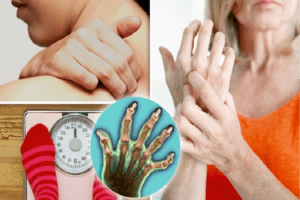
Consult with a Healthcare Professional
If you’re experiencing persistent joint pain or suspect you may have arthritis, it’s essential to consult with a healthcare professional for an accurate diagnosis and personalized treatment plan.
Conclusion
In conclusion, while arthritis is a common concern for runners, it’s important to separate fact from fiction when it comes to its relationship with running. While running itself may not directly cause arthritis, it’s crucial to take precautions to minimize the risk of injury and manage symptoms effectively. By maintaining proper technique, listening to your body, and seeking appropriate medical guidance, runners can continue to enjoy the many benefits of this popular form of exercise while minimizing the impact on their joint health.






